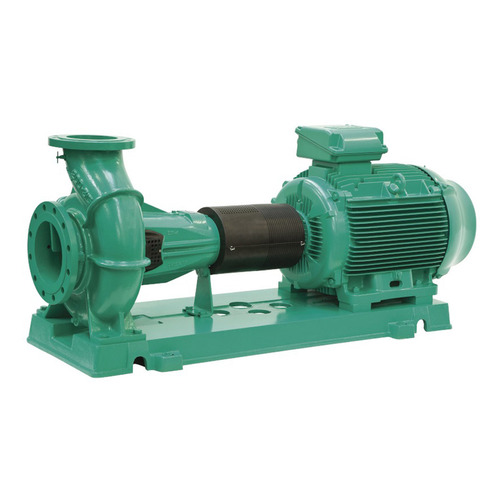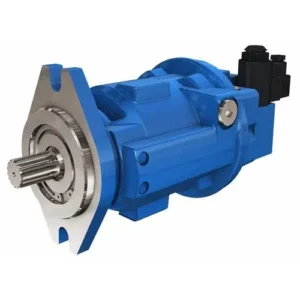Key Features of Hydraulic Pump
1. Types and Operating Principles
Our range includes gear, vane, piston, and screw-type hydraulic pump—each offering different pressure capacities and flow rates. These pumps convert mechanical input into hydraulic energy with minimal pulsation and high efficiency, suitable for continuous-duty marine operations. Hydraulic pumps are available in multiple displacement and pressure configurations.
2. Construction and Materials
Marine-grade hydraulic pumps are constructed using high-strength steel, aluminum alloys, or cast iron. Corrosion-resistant coatings and precision-machined components ensure long service life even in saltwater-rich and vibration-heavy environments.
3. Flow Capacity and Pressure Ratings
Hydraulic pumps are available in multiple displacement and pressure configurations. They support flow rates from low-volume control systems to high-demand lifting and propulsion mechanisms, often exceeding 300 bar in heavy-duty setups.
4. Integration with Marine Systems
These pumps integrate seamlessly into hydraulic circuits using standardized flanges, ports, and couplings. Whether mounted directly on engines or motor-driven power packs, they support steering gears, hatch covers, stabilizers, and deck machinery.
5. Noise and Vibration Control
Many models feature internal damping designs or isolated mounting bases to minimize operational noise and vibration. This enhances onboard comfort and protects nearby components from mechanical fatigue.
6. Efficiency and Energy Optimization
With tight internal tolerances and optimized internal paths, these pumps reduce internal leakage and energy loss. Some units also feature variable displacement control, allowing real-time adjustment based on load demand.
7. Maintenance and Service Access
Designed for easy servicing, most hydraulic pumps feature accessible filters, seals, and shafts. Routine maintenance like fluid checks, seal replacements, and wear inspections can be carried out without major disassembly.
8. Compliance and Standards
All units comply with ISO 4413 and are certified by leading maritime classification societies including ABS, DNV, and Lloyd’s Register. They meet international safety, material, and performance standards for marine hydraulics.




